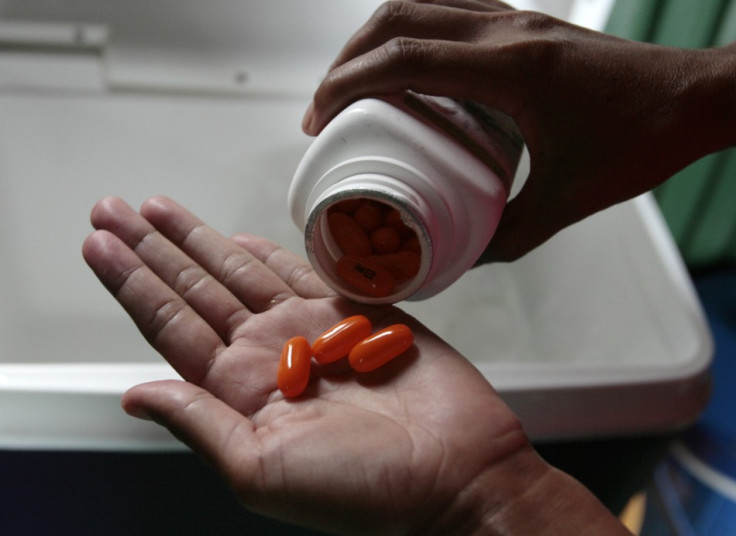India reports worrying cases of resistance to last resort antibiotic colistin

Indiscriminate antibiotic use and self-medication in India are leading to cases of bacteria resistant to colistin -- the last available drug in the world -- banned for its toxicity but recalled in the losing battle against antibiotic resistance.
Medical researchers in India published the paper: Emergence of pan-drug resistance amongst gram negative bacteria! The first case series from India, in the latest issue of Journal of Microbiology and Infectious Diseases, where they map 13 colistin-resistant cases recorded over 18 months.
The study concludes that pan-drug resistant infections have a higher mortality, reports the Times of India.
Colistin-resistant bacteria are still rare but cases are on the rise. The drug was recalled after 40 years in 2005 as carbapenem resistant strains began to emerge the world over.
Carbapenem is the strongest class of antibiotic today. Colistin which is used to treat cases resistant to carbapenem is a chemical known to cause kidney damage but still used as the last weapon in the arsenal.
In Pune's state-run Sassoon General Hospital, of the 799 drug-resistant bacteria tested between January and July in 2014, 36 were found to be colistin resistant.
Resistance is high in hospital-acquired infections. The resistance to carbapenem is 50-60%. In the case of acenotobacter (a hospital bug) seen in ICU patients, the resistance is about 70-80%.
Antibiotic resistance was responsible for 30% of total sepsis deaths in hospitalised patients. Sepsis accounts for more than half of all hospital deaths.
A major factor responsible for the growing antibiotic resistance is the widespread use and availability over the counter for human as well as animal consumption.
As the wait continues for a new antibiotic, the only treatment left is combination therapy where various antibiotics are used.
Many companies have discontinued antibiotics development due to poor return on investment in contrast with drugs for chronic illnesses. Only two new antibiotics have been approved since 2009.
The last one to be introduced was ceftaroline in 2010 but it took just a year for the first staph germ to emerge drug-resistant.
Globally, antibiotic use has risen by 36% during the last decade. India emerged as the world's largest consumer of antibiotics with a 62% increase in use over the last decade, according to a Princeton University study.
Dr Margaret Chan, the director general of the World Health Organization, had warned on the dire consequences when she said, "Things as common as strep throat or a child's scratched knee could once again kill."
Hospitals have become hotbeds for highly-resistant pathogens, like MRSA, ESBL, and CPE, increasing the risk that hospitalisation kills instead of cures, she noted.
© Copyright IBTimes 2025. All rights reserved.






















